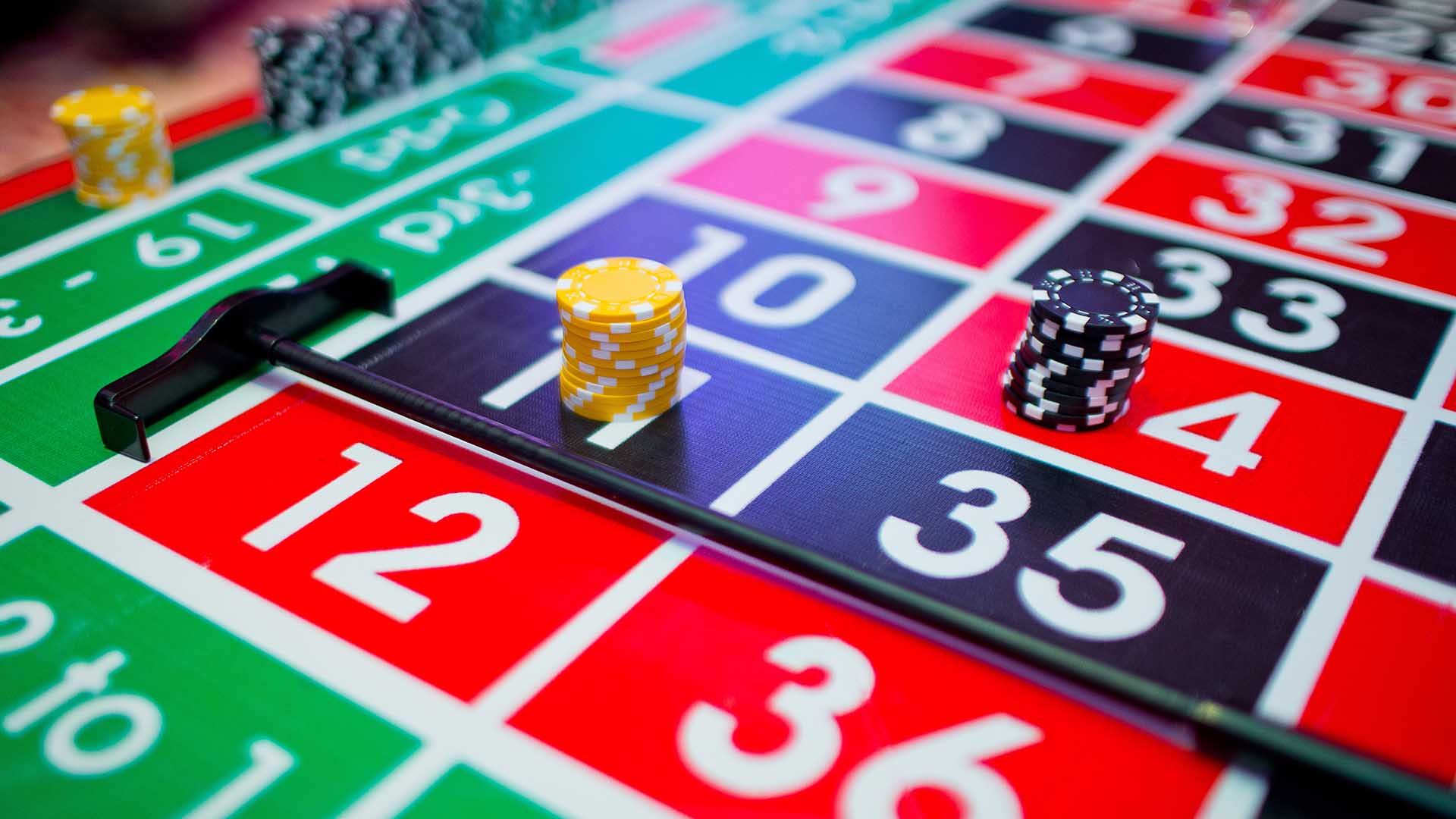
The Effect of Gambling | Dubay Blog
The Effect of Gambling
Gambling is a great way to pass the time, but it can also have negative effects on
your life. It can lead to financial problems casino free credit, relationship issues, and other serious
issues that affect your everyday life. But there’s one thing that many people don’t
consider when gambling: its effect on your mental health.

The effect of gambling can be very severe and is often a leading cause of suicide
among those who are addicted to it. If you or someone you know is suffering from
gambling addiction, there are things that you can do to help them stop and recover.
Understanding the impact of gambling can help you make informed decisions about
whether to gamble and how much to spend on it. You can also take steps to ensure
that you don’t gamble more than you can afford to lose, which can be a very
dangerous situation for anyone.
Psychological disorders and conditions, coping styles, social learning, and beliefs can
all influence whether someone develops harmful gambling behaviours. For example,
a person with a personality disorder or a history of violence may be more likely to
become addicted to gambling.
If you’re concerned that you or someone you know is struggling with gambling
addiction, talk to a doctor as soon as possible. Treatment options include counseling,
therapy and medications.
Cognitive behavioural therapy (CBT) has shown to be effective in treating a
gambling problem by changing how you think about and feel about your gambling
habits. This therapy will help you to stop gambling and replace your gambling habits
with healthier ones.

Symptoms of gambling addiction can include thinking about gambling more often;
feeling a need to gamble more often to win money or possessions that you don’t
have; and chasing losses by continuing to gamble even after you’ve lost your
money. This chasing of losses can be very frustrating, and it is sometimes difficult to
stop pursuing it.
The most common symptom of a gambling addiction is that it starts to negatively
affect other areas of your life, including relationships and finances. This can result in
stress, anxiety, depression and other mental health disorders.
A traumatic experience or loss is another important symptom of gambling addiction,
especially for elderly or high-risk gamblers who may not have the resources to
recoup their losses. Some pathological gamblers have been reported to have lost
their entire life savings in a single gambling session.
Losing relationships with family and friends can also be a significant symptom of
gambling addiction. Gamblers often have strained relationships because they spend
so much of their free time on gambling and are often not available to their loved
ones when they need them most.
Eventually, the person can start to isolate himself from his loved ones and become
completely withdrawn from them. This isolation causes a feeling of guilt and shame
that can overwhelm the individual.
As a result, gambling addiction can affect the mental health of the person who is
addicted to it as well as those around them. It can also lead to other addictions, such
as drugs and alcohol.



